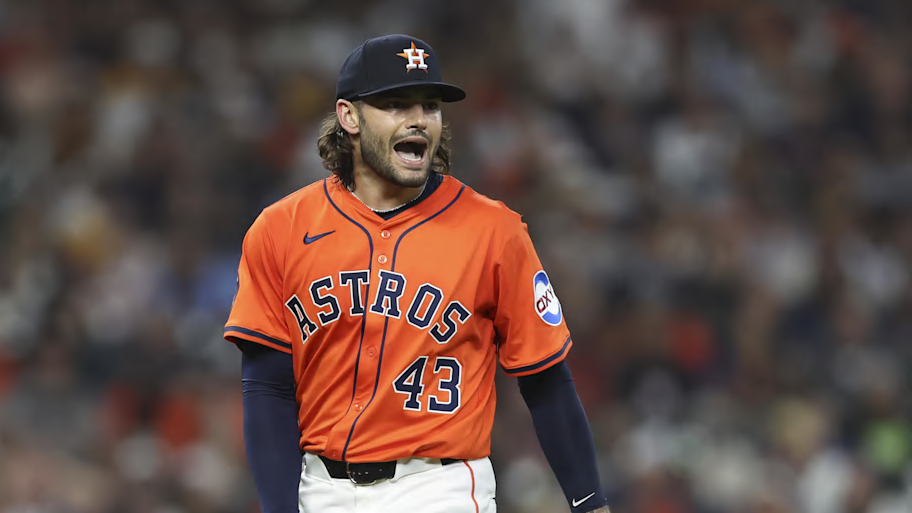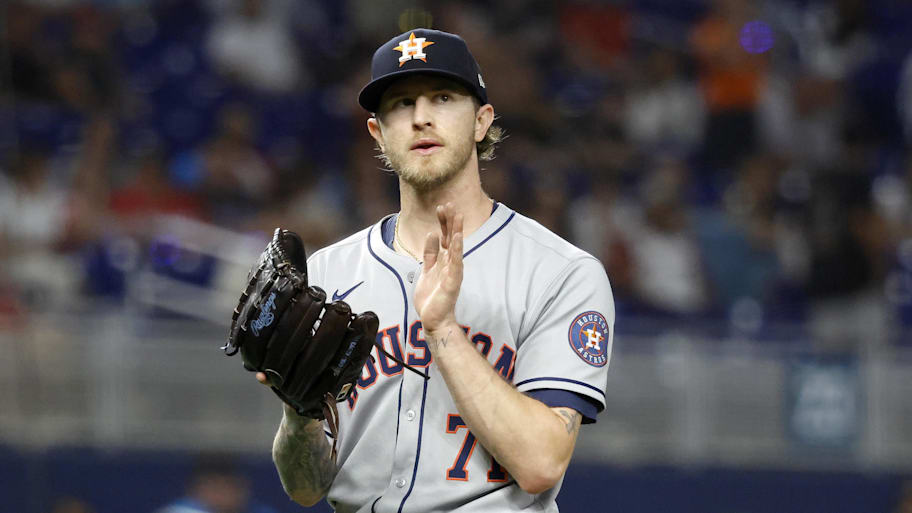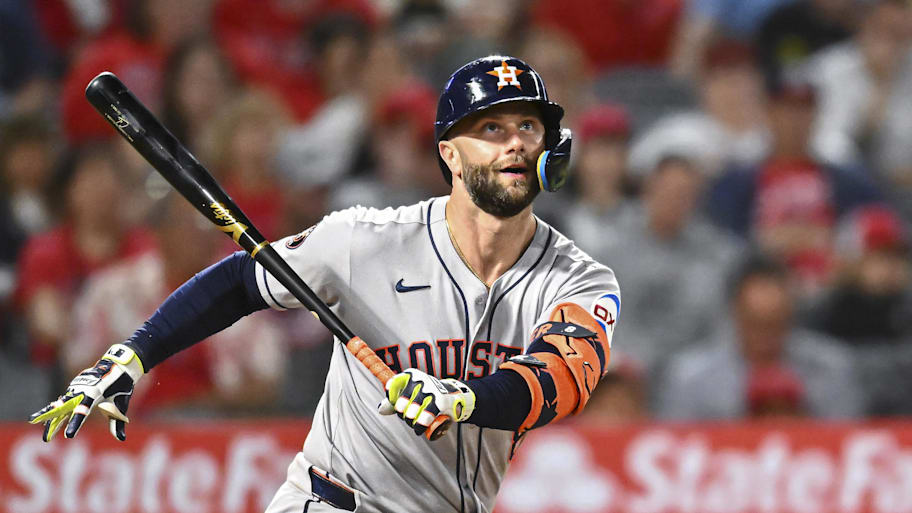
The 2025 season was a huge letdown for Houston Astros fans. A slow start gave way to a roaring summer that looked certain to result in a ninth straight appearance in the MLB postseason. Ultimately, a brutal close saw the team cough up a lead in the division to the Seattle Mariners before missing out on the last American League wild card spot during the season's final weekend.
There's plenty of blame to go around, and a lot of it comes down to injuries. Designated hitter Yordan Alvarez is the best bat in the lineup, and his presence was scarce.
There were times when the Astros had an entire above average MLB starting rotation on the injured list, and many key arms either didn't pitch at all or were lost for the season quickly.
At the end of the day, though, the group that was out there was close enough to winning the division and making the playoffs that the margins by which they did not achieve those feats has to come down to the players not doing enough and the front office failing to add the right pieces in the right spots to avoid a collapse.
Here's how the front office, led by general manager Dana Brown with plenty of input from owner Jim Crane and special advisor Jeff Bagwell, grades out following a disappointing campaign.
Starting Pitching

It's hard to put too much blame on the front office here, as this is where injuries hit the hardest. Ronel Blanco, Cristian Javier, Luis Garcia, Spencer Arrighetti and Hayden Wesneski all made nine or fewer starts either because they entered the season injured or got hurt early on in it.
Framber Valdez and the team did not work out an extension, and he is highly likely to depart this winter in free agency, allowing Hunter Brown to step in as the clear-cut ace he performed as all year.
Lance McCullers Jr. largely struggled in his return from injury, and while fill-in starters like Jason Alexander, Ryan Gusto and Brandon Walter had their moments, the decision not to add another healthy, quality arm to slot in behind Brown and Valdez at the trade deadline likely cost the Astros enough games down the stretch to be counted as the difference between making and missing the playoffs.
Bullpen

The bullpen was the most consistent aspect of this team throughout the season. Closer Josh Hader, in year two of a gaudy five-year contract, maintained his form as one of the top relievers in the game. He finished with a 2.05 ERA and 28 saves in 48 appearances.
Behind him, Bryan Abreu met his lofty standards as well, serving as one of the best set-up pitchers in the sport. He ate up 71 innings and excelled with the heavy workload, posting a 2.28 ERA and racking up 105 strikeouts.
Behind the dominant duo, the front office did well in identifying quality contributors in the offseason. They get high marks for bringing in Steven Okert, and relying on unproven internal candidates like Bryan King and Bennett Sousa paid off as well.
Position Players

This area is one where the moves made by the front office, taken individually, all seem relatively okay. However, when viewed as a whole, they suggest a complete lack of a cohesive plan and vision for how to maximize the team on the field.
The Astros prioritized signing first baseman Christian Walker over adding outfield help in free agency. They dealt a star outfielder away for Isaac Paredes and Cam Smith, two infielders by trade. On the fly, Jose Altuve and Cam Smith agreed to and learned to play the outfield.
A glut of infielders led to an inexperienced and defensively vulnerable outfield situation, and still infield help was needed when injuries struck.
The team lost Paredes at third and shortstop Jeremy Peña in the middle of the season, forcing the team's hand to acquire Carlos Correa in a solid move at the deadline to bring back a franchise legend and restore the quality of the infield.
The big mistake here was committing significant resources to Walker, a then-33-year-old at a position that is not a premium one defensively. Walker predictably regressed offensively, and the construction of the lineup never really had a chance once the injuries started to pile up.
Overall Grade
The 2025 season was a huge disappointment for the Astros. There's plenty of blame to go around, and while some of it should certainly fall squarely on the team's decision makers, the roster they built would certainly have been good enough to make October were it not for a brutal rash of injuries.
Part of the evaluation also has to come from the consideration of the regression the organization has shown. Firing Jeff Luhnow given the circumstances at the time was a reasonable decision, but moving on from a great replacement in James Click immediately after a World Series was a baffling call that will continue to haunt Houston for years.
Final Grade: C-
More must-reads:
- Three questions facing the New York Mets this offseason
- Yomiuri Giants won't post Kazuma Okamoto for MLB teams
- The 'Most two passing touchdown NFL games' quiz
Breaking News
Trending News
Customize Your Newsletter
 +
+
Get the latest news and rumors, customized to your favorite sports and teams. Emailed daily. Always free!








